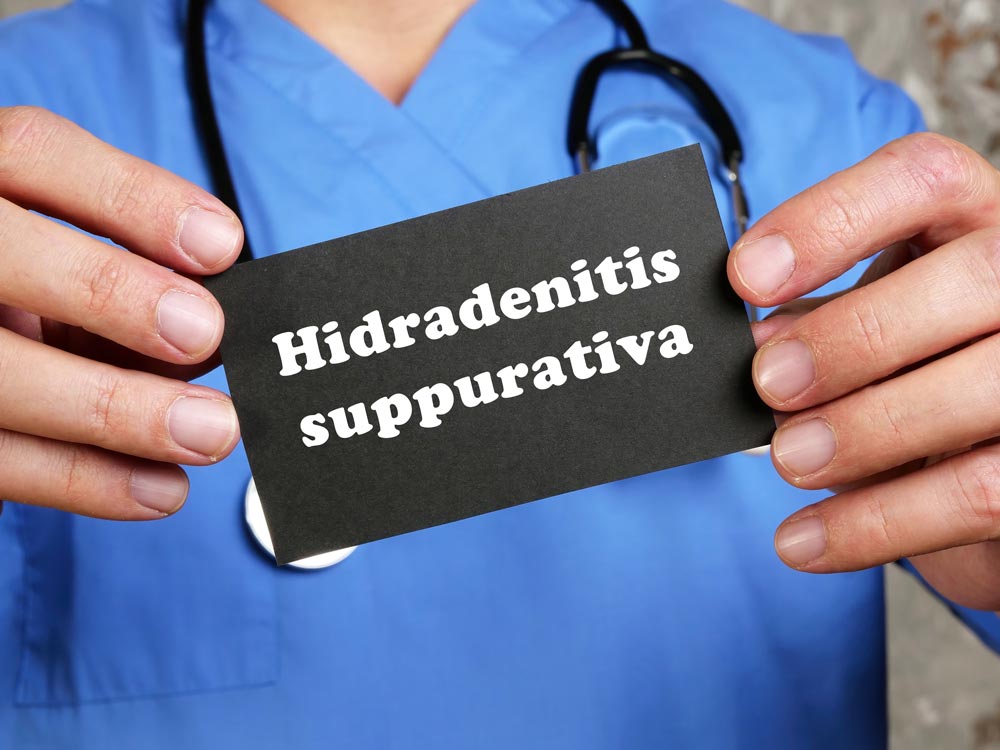Advertisment
Late breaking data for Bimzelx (bimekizumab) from two year phase III studies in moderate to severe hidradentis suppurativa presented at EADV – UCB

UCB, announced the first presentation of two-year data from the Phase III studies, BE HEARD I and BE HEARD II, and their open-label extension, evaluating the efficacy and safety of bimekizumab, an IL-17A and IL-17F inhibitor, in adults with moderate to severe hidradenitis suppurativa (HS). These new data are presented as a late-breaking platform presentation at the 33rd European Academy of Dermatology and Venereology (EADV) Congress in Amsterdam, the Netherlands, 25–28 September 2024.
Results showed that the clinically meaningful improvements observed with bimekizumab treatment at one year were maintained over two years.. At Week 96, 85.4 percent (n=381/446) of patients treated with bimekizumab achieved HS Clinical Response 50 (HiSCR50). The more stringent endpoints, HiSCR75 and HiSCR100, were achieved by 77.1 percent (n=344/446) and 44.2 percent (n=197/446) of patients, respectively Improvements in the severity of disease, reductions in draining tunnel count and improvements in health-related quality of life were also maintained over two years. Bimekizumab was generally well tolerated and no new safety signals were observed.
“Hidradenitis suppurativa is a chronic, relapsing and painful inflammatory skin disease that significantly impacts patients’ quality of life. The bimekizumab data presented at EADV 2024 showed maintained improvements in clinical response, symptoms, severity and quality of life over two years. These findings are particularly encouraging given the need for new treatment options that offer sustained relief for patients,” said Professor Christos C. Zouboulis, President of the European Hidradenitis Suppurativa Foundation (EHSF) e.V., Director of the Departments of Dermatology, Venereology, Allergology and Immunology, Städtisches Klinikum Dessau, and Founding Professor of Dermatology and Venereology at the Brandenburg Medical School, Germany. Bimekizumab was generally well-tolerated over two years with no new safety signals observed. Over two years, 917/995 patients who received greater than 1 dose of bimekizumab experienced a treatment-emergent adverse event (TEAE).
Serious TEAEs were reported in 122 patients. Over two years, the most common TEAEs (exposure adjusted incidence rates) were hidradenitis (20.5), coronavirus infection (15.3) and oral candidiasis (10.5).





